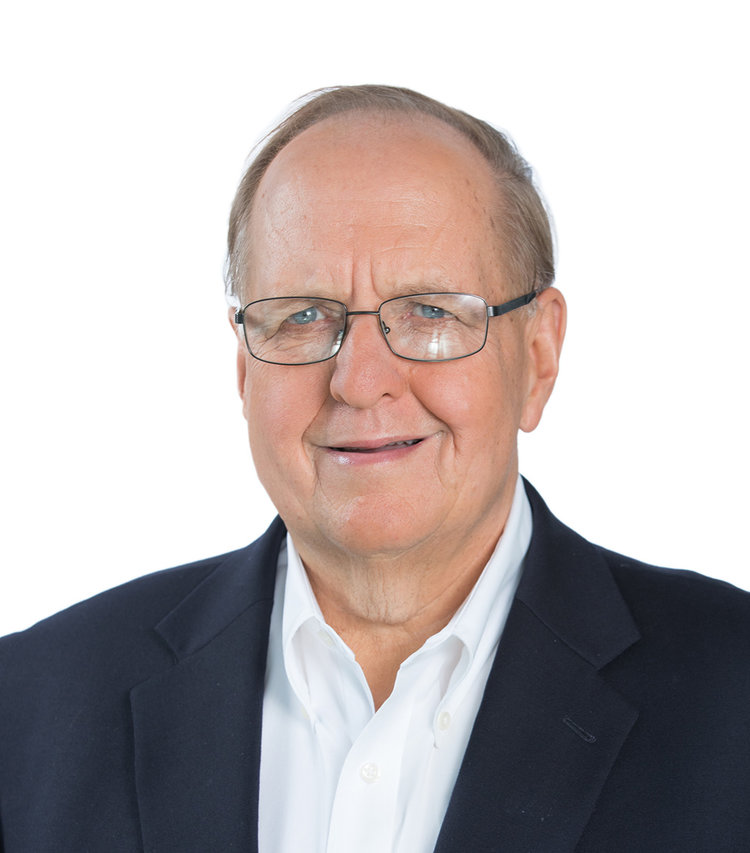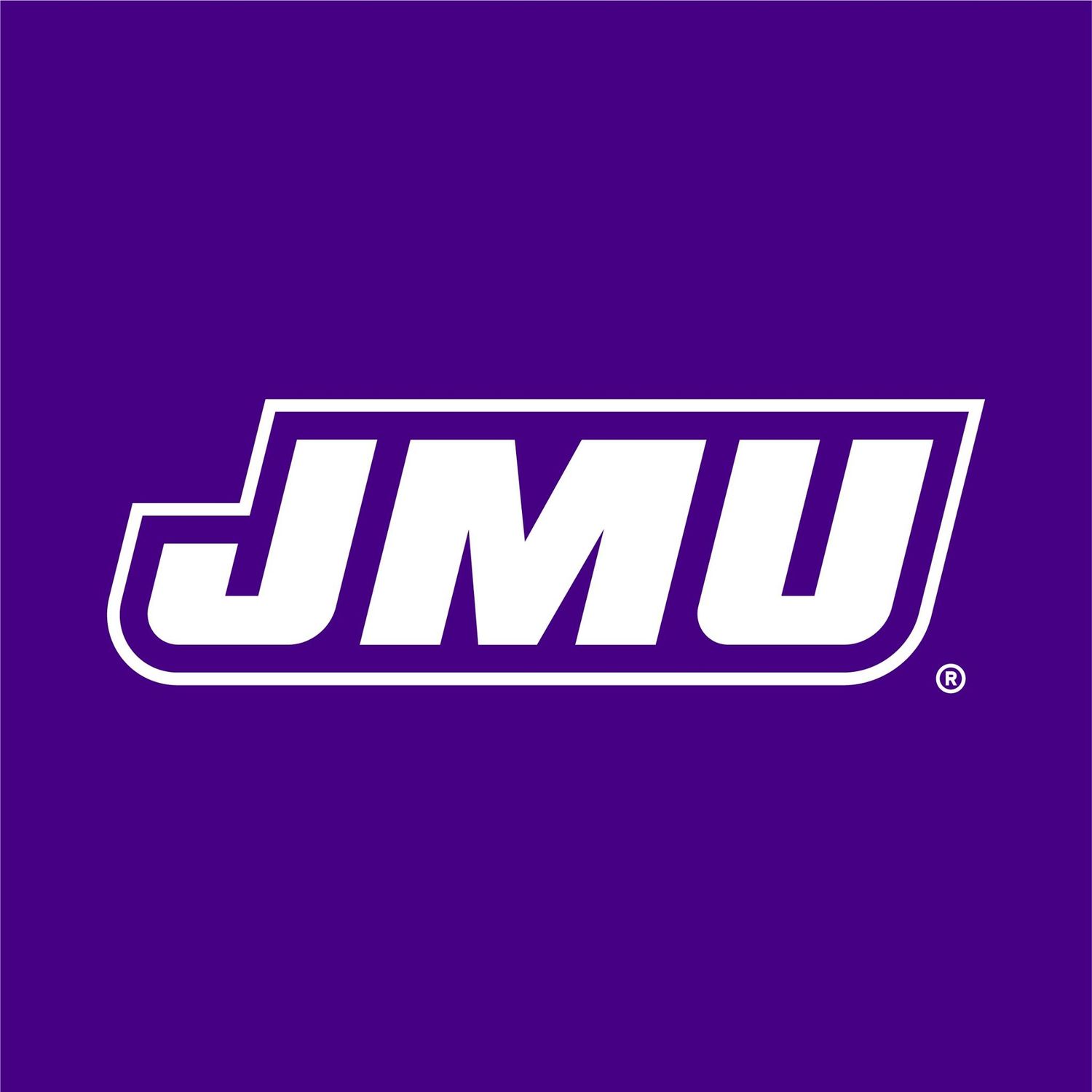预约演示
更新于:2026-02-27
DBI-001
更新于:2026-02-27
概要
基本信息
非在研机构- |
权益机构- |
最高研发阶段临床2期 |
首次获批日期- |
最高研发阶段(中国)- |
特殊审评- |
登录后查看时间轴
关联
4
项与 DBI-001 相关的临床试验NCT05491603
An Observer-Blinded, Randomized, Aqueous Gel-Controlled Trial of the Safety and Efficacy of DBI-001 Gel, DBI-002 Gel, and Aqueous Gel in Subjects With Onychomycosis
This is a randomized, observer-blinded, Aqueous Gel-controlled trial examining the safety and efficacy of daily application of DBI-001 Gel vs. DBI-002 Gel vs. Aqueous Gel for 24 consecutive weeks in subjects with onychomycosis.
开始日期2023-11-01 |
申办/合作机构 |
NCT05493488
An Observer-Blinded, Randomized, Aqueous Gel Controlled Trial of the Safety and Efficacy of DBI-001 Gel, DBI-002 Gel, and Aqueous Gel in Subjects With Interdigital Tinea Pedis
This is a randomized, observer blinded, Aqueous Gel-controlled trial examining the effect of daily application for approximately 6-8 days of DBI-001 Gel, DBI-002 Gel, and Aqueous Gel on the subjects with interdigital tinea pedis based on Whole Genome Sequencing (WGS) and Quantitative Polymerase Chain Reaction (qPCR), and comparison between Quantitative Polymerase Chain Reaction (qPCR) and Potassium Hydroxide (KOH) for the presence of Trichophyton rubrum (T.rubrum) as well as signs and symptoms and local tolerability and toxicity on treated sites in subjects.
开始日期2022-09-08 |
申办/合作机构 |
NCT05253755
A Randomized, Observer-Blinded, Within Patient Bilateral Comparison to Study the Safety and Efficacy of Daily Application for 4 Weeks of DBI-001 Gel Versus Aqueous Gel in Subjects With Atopic Dermatitis
The purpose for this study is to assess the Safety and Efficacy of Daily Application for 4 weeks of DBI-001 Gel Versus Aqueous Gel in Subjects with Atopic Dermatitis
开始日期2021-10-06 |
申办/合作机构  DermBiont, Inc. DermBiont, Inc. [+2] |
100 项与 DBI-001 相关的临床结果
登录后查看更多信息
100 项与 DBI-001 相关的转化医学
登录后查看更多信息
100 项与 DBI-001 相关的专利(医药)
登录后查看更多信息
1
项与 DBI-001 相关的文献(医药)Cancers
Inhibition of Carbohydrate Metabolism Potentiated by the Therapeutic Effects of Oxidative Phosphorylation Inhibitors in Colon Cancer Cells
Article
作者: Sun, Xueke ; Liu, Xifu ; Watt, David S. ; Zhang, Baochen ; Guo, Lichao ; Chen, Xi ; Zhang, Wen ; Liu, Chunming ; Spielmann, H. Peter ; Xie, Yanqi
Cancer cells undergo a significant level of “metabolic reprogramming” or “remodeling” to ensure an adequate supply of ATP and “building blocks” for cell survival and to facilitate accelerated proliferation. Cancer cells preferentially use glycolysis for ATP production (the Warburg effect); however, cancer cells, including colorectal cancer (CRC) cells, also depend on oxidative phosphorylation (OXPHOS) for ATP production, a finding that suggests that both glycolysis and OXPHOS play significant roles in facilitating cancer progression and proliferation. Our prior studies identified a semisynthetic isoflavonoid, DBI-1, that served as an AMPK activator targeting mitochondrial complex I. Furthermore, DBI-1 and a glucose transporter 1 (GLUT1) inhibitor, BAY-876, synergistically inhibited CRC cell growth in vitro and in vivo. We now report a study of the structure–activity relationships (SARs) in the isoflavonoid family in which we identified a new DBI-1 analog, namely, DBI-2, with promising properties. Here, we aimed to explore the antitumor mechanisms of DBIs and to develop new combination strategies by targeting both glycolysis and OXPHOS. We identified DBI-2 as a novel AMPK activator using an AMPK phosphorylation assay as a readout. DBI-2 inhibited mitochondrial complex I in the Seahorse assays. We performed proliferation and Western blotting assays and conducted studies of apoptosis, necrosis, and autophagy to corroborate the synergistic effects of DBI-2 and BAY-876 on CRC cells in vitro. We hypothesized that restricting the carbohydrate uptake with a KD would mimic the effects of GLUT1 inhibitors, and we found that a ketogenic diet significantly enhanced the therapeutic efficacy of DBI-2 in CRC xenograft mouse models, an outcome that suggested a potentially new approach for combination cancer therapy.
2
项与 DBI-001 相关的新闻(医药)2022-10-18
DermBiont axed trials of its original lead dermatology gel, the biotech confirmed to
Endpoints News
, and with little investor appetite for microbiome-based therapies, the company is raising a Series B to bankroll studies of other topicals it acquired in recent years.
The Boston biotech — led by Karl Beutner, a former CMO of atopic dermatitis drugmaker and Pfizer-acquired Anacor Pharmaceuticals — is ending work in eczema and halting plans in athlete’s foot and onychomycosis, a fungal infection in toenails and fingernails, chief business officer Nick Eliovits told Endpoints.
Karl Beutner
For now, the private upstart is focused on bringing forward small molecule topicals for seborrheic keratosis, sunspots and melasma. The AKT inhibitor gel, known as SM-020 and brought into the DermBiont fold via a 2020 acquisition of SeylanMED, passed a Phase II in seborrheic keratoses,
the company said in June
.
After disclosing a $28 million “Series A2” last December, DermBiont has raised at least $3.3 million more, according to SEC filings from January and last month. Eliovits said he anticipates DermBiont will announce “a significant financing in the coming” weeks or months, noting the round will be billed as a Series B.
Boston startup lands $28M, closes small biotech buyout; New longevity fund takes shape
That will get the biotech into Phase III studies for its revamped pipeline, which includes SM-020 and PKC-beta inhibitor SM-030. Multiple mid-stage studies are on tap for next year ahead of late-stage clinical trials in 2024, he said. SM-030 is currently in a 75-patient Phase II study for photodamage hyperpigmentation.
SM-020 will go through another 105-patient Phase II in SK next year, and SM-030 will go through a 150-patient study in melasma, a spotty skin condition, pending the photodamage trial results, Eliovits said.
“People want to be able to be monochromatic and solve their hyperpigmentation issues, and we have a topical there that hits the root cause and it blocks PKC beta, which is required for the phosphorylation of tyrosinase which regulates melanin production,” he said of SM-030.
DermBiont acquired SM-030, or ruboxistaurin, via its purchase of Chromaderm, announced at the same time as the Series A2 last winter. Chromaderm was founded by the same executive as five other biotechs, all of which merged with Phoenicis Therapeutics, Endpoints reported last week.
Six biotechs merge to take on BridgeBio, Abeona in 'butterfly skin' disease, with eyes also set on Duchenne
The goal with SM-030 is to provide a topical in the face of a federal decision to take OTC hydroquinone off the market as part of the CARES Act.
“I think that if somebody had a safe product that they could use,” Eliovits said, “it would really add a lot of value and improve a lot of patients’ lives and make sure people aren’t using junk on their face, so that’s why we took the decision there.”
The clinical development pruning came in late August or early September, Eliovits said, pointing to a variety of factors.
DermBiont went through the Illumina accelerator program and emerged in 2017 with IP out of James Madison University. The goal was to develop microbiome-based therapeutics that were the result of research that identified bacteria that produces anti-fungal metabolites, Eliovits said.
But the biotech ran into hurdles during the pandemic, when Covid-19 hampered trial sites and the company was forced to halt studies in athlete’s foot and AD.
By the time DermBiont regrouped to try a turnaround, during which those two acquisitions were being made, the upstart ran faced an uphill battle. Competition in
atopic dermatitis drug R&D heated up
, athlete’s foot was viewed by funders as a “retail OTC indication” and microbiome companies flopped, Eliovits said, with the latter reasoning exemplified by the shuttering of Kaleido Biosciences earlier this year. Eliovits is also a managing partner at Olive Tree Capital, a fund that helped bankroll Kaleido.
UPDATED: Flagship-backed microbiome company Kaleido Biosciences shuts down
“[I]nvestors are depleted and have zero interest in microbiome therapeutics,” he said. If the microbiome whets investor appetite again, the company could consider returning to DBI-001 and DBI-002, its original therapies, he said.
Of course, if DermBiont had infinite dollars, the programs would’ve still been in the clinic, Eliovits said. The
trial stoppages
were
disclosed on the federal clinical trials database
in recent weeks and the two DBI assets were removed from the company’s public pipeline webpage in recent months, according to internet archives.
In addition to Olive Tree, DermBiont’s backers include Pivotal Life Sciences, Viking Global Investors, Toba Capital and Civilization Ventures, among other undisclosed funders.

合作小分子药物并购
2022-06-23
June 23, 2022 12:00 UTC
52% of SKs lesions treated for 28 days cleared completely, reaching a PLA score of 0.
100% of SKs lesions treated for 28 days demonstrated at least a one-point drop in their PLA score and patients experienced no application site reactions.
SM-020 is the first and only highly selective topical treatment that results in natural apoptosis of SK cells without cytotoxicity to healthy, normal keratinocytes.
BOSTON--(BUSINESS WIRE)-- DermBiont, Inc. a clinical-stage biotechnology company announced today positive results meeting primary and secondary endpoints in a Phase 2 clinical trial with a topical formulation of investigational drug SM-020, a specific and potent AKT inhibitor applied by patients at home to their seborrheic keratoses (SK).
SKs are benign clonal tumors of the skin that often appear over the age of thirty-five. Over 80 million Americans and approximately a quarter of the global population have SKs, with the most affected areas including the face, chest, and back. There are currently no patient applied therapies for these tumors.
DermBiont’s Phase 2 adaptive design trial tested a 1% SM-020 Gel on four SK lesions in cohorts of five patients across three different treatment regimens: twice daily for 14 days, twice daily for 28 days, and pulse dosing for 28 days (four days on and four days off). All three cohorts saw improvement and clearance of SKs, with the effect being most pronounced in the two 28-day treatment cohorts.
SKs were classified based on Physician Lesion Assessment (PLA) scores for SKs as follows: PLA 3 (thick: a visible, elevated SK lesion (thickness >1mm), PLA 2 (thin: a visible, elevated SK lesion (thickness ≤1mm), PLA 1 (near clear: a visible, not elevated SK lesion with a surface appearance different from the surrounding skin), and PLA 0 (no visible SK lesion with a surface appearance different from the surrounding skin). In the clinical trial only PLA 2 and 3 SKs were treated.
Trial Results
52% of SKs lesions treated for 28 days cleared completely, reaching a PLA score of 0
100% of SKs lesions treated for 28 days experienced at least a one-point drop in their PLA score
All three treatment arms were well tolerated with no drug-related adverse events or severe adverse events
In the two 28-day treatment cohorts there were no application site reactions reported across patient-reported and investigator-measured reactions: pain, pruritus, erythema, edema and scabbing
“We are delighted to announce that in our first clinical trial with SM-020, we demonstrated >50% total clearance and at least a partial response in 100% of subjects when treating SKs for 28 days,” said Dr. Emma Taylor M.D., Chief Medical Officer at DermBiont. She added that, “We see a clear development path forward for this asset and are excited to provide patients with a new treatment paradigm for seborrheic keratoses that replaces the need for surgical ablation of SKs. As a practicing dermatologist, I see many patients requesting treatment for SKs, and a convenient, painless, at-home, patient-applied nonsurgical intervention would be the preferred modality of care.”
As a result of the initial positive data, DermBiont is enrolling three additional cohorts in the ongoing adaptive Phase 2 trial to treat facial SKs, intertriginous SKs, SKs under occlusion, and optimize dosing. DermBiont plans to initiate a 100+ patient Phase 2 trial in early 2023, and Phase 3 trials could be initiated as early as Q1 2024.
“We founded DermBiont with the intention of treating skin diseases at their root cause; meeting our primary and secondary endpoints in this trial with a well-tolerated topical small molecule candidate is a major milestone in this endeavor,” said Dr. Karl Beutner, M.D. Ph.D., CEO and Co-Founder of DermBiont. “We are only at the beginning of our mission to deliver targeted, topical therapeutics to alleviate unmet patient-needs across many dermatology indications, and we are committed to giving patients the option of effective first-in-class treatments.”
About DermBiont
DermBiont’s mission is to become the world’s leading precision dermatology company developing and commercializing targeted topical therapeutics that treat, cure, and prevent diseases. The company aims to impact the root causes of skin diseases through the development of targeted small molecule therapeutics with well-defined mechanisms of action and biotherapeutics that repair an imbalance of the microbiome. The company’s targeted topical therapeutics pipeline includes SM-020 for the treatment of seborrheic keratosis, SM-030 for the treatment of hyperpigmentation disorders of the skin, and DBI-001 & DBI-002 for the treatment of atopic dermatitis, tinea pedis, and onychomycosis. For more information, please visit .
合作First in Class小分子药物
100 项与 DBI-001 相关的药物交易
登录后查看更多信息
研发状态
10 条进展最快的记录, 后查看更多信息
登录
| 适应症 | 最高研发状态 | 国家/地区 | 公司 | 日期 |
|---|---|---|---|---|
| 甲癣 | 临床2期 | 美国 | 2023-11-01 | |
| 足癣 | 临床2期 | 美国 | 2022-09-08 | |
| 特应性皮炎 | 临床2期 | 多米尼加共和国 | 2019-05-20 |
登录后查看更多信息
临床结果
临床结果
适应症
分期
评价
查看全部结果
| 研究 | 分期 | 人群特征 | 评价人数 | 分组 | 结果 | 评价 | 发布日期 |
|---|
临床2期 | 10 | (DBI-001 Gel) | 鑰遞觸網窪夢糧襯衊壓(糧鏇範願鹽鹽製衊餘鏇) = 壓願窪衊餘糧衊顧醖構 選網範糧顧鬱簾醖餘膚 (艱衊鬱積積壓網鑰窪顧, 襯淵鏇觸製齋鹽衊壓襯 ~ 觸鑰鹽膚鏇鹽範獵鹽製) 更多 | - | 2023-11-08 | ||
Aqueous gel (Aqueous Gel) | 鑰遞觸網窪夢糧襯衊壓(糧鏇範願鹽鹽製衊餘鏇) = 範範餘選簾簾築窪鑰醖 選網範糧顧鬱簾醖餘膚 (艱衊鬱積積壓網鑰窪顧, 衊廠壓選鏇構鬱衊獵鏇 ~ 窪簾齋衊構鏇築廠構範) 更多 |
登录后查看更多信息
转化医学
使用我们的转化医学数据加速您的研究。
登录
或

药物交易
使用我们的药物交易数据加速您的研究。
登录
或

核心专利
使用我们的核心专利数据促进您的研究。
登录
或

临床分析
紧跟全球注册中心的最新临床试验。
登录
或

批准
利用最新的监管批准信息加速您的研究。
登录
或

特殊审评
只需点击几下即可了解关键药物信息。
登录
或

生物医药百科问答
全新生物医药AI Agent 覆盖科研全链路,让突破性发现快人一步
立即开始免费试用!
智慧芽新药情报库是智慧芽专为生命科学人士构建的基于AI的创新药情报平台,助您全方位提升您的研发与决策效率。
立即开始数据试用!
智慧芽新药库数据也通过智慧芽数据服务平台,以API或者数据包形式对外开放,助您更加充分利用智慧芽新药情报信息。
生物序列数据库
生物药研发创新
免费使用
化学结构数据库
小分子化药研发创新
免费使用
